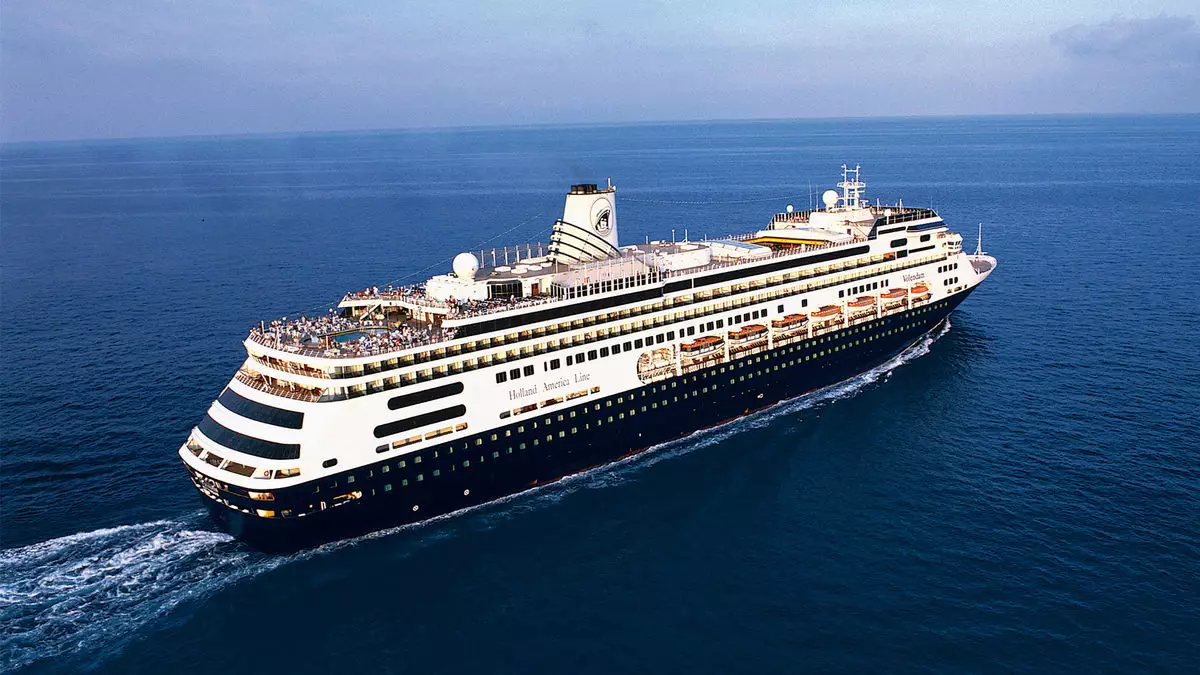Large cruise companies have been experimenting with biofuels for the past two years, but they still face challenges in using it as a regular fuel source for their ships. Despite ongoing trials and studies, executives acknowledge that they are waiting for cleaner alternatives like green methanol, green hydrogen, or electric liquefied natural gas to become more readily available. The supply of biofuels is a major issue not only for the cruise industry but also for other sectors, hindering progress towards reducing greenhouse gas emissions.
The Cruise Lines International Association (CLIA) has set a goal for the industry to achieve net-zero carbon emissions by 2050, with a phased approach. From now until 2030, cruise lines are expected to focus on maximizing energy efficiency and utilizing alternative fuels like biofuel when possible. In the next decade, newbuild ships are encouraged to switch to fuels such as methane or methanol. By 2040 to 2050, the aim is to reach the net-zero target through the use of green hydrogen and bio-based feedstocks derived from renewable energy sources. The International Maritime Organization (IMO) and the European Union have also set targets for increased alternative fuel usage by 2030.
Despite the potential benefits of biofuels, availability remains a significant issue for cruise lines and other industries transitioning to cleaner fuels. While 32 pilot programs are currently testing sustainable fuels, including biofuels, experts in the industry emphasize the need for further study on the quality, availability, and scalability of biofuels. Manufacturers are producing more biofuels, but challenges persist in the production and transport of large quantities at reasonable commercial rates. Carnival Corporation has made strides in reducing greenhouse gas emissions through various means, including biofuel trials and energy-efficient technologies.
Lessons Learned and Future Plans
Norwegian Cruise Line Holdings (NCLH) conducted biofuel trials on seven ships last year, with plans to explore long-term solutions like methanol. These trials not only test the performance of biofuels but also assess the supply chain and reporting associated with their use. Availability remains a significant hurdle for cruise lines, especially with the increasing demand for biofuels. Carnival Corporation plans to conduct more biofuel trials this year to address regulatory requirements, such as Norway’s mandate for ships to use alternative fuels in its fjords starting in 2026.
While biofuels show promise as a transitional fuel in the cruise industry and other sectors, challenges related to availability, quality, and scalability hinder widespread adoption. Cruise companies continue to face pressure to reduce their carbon footprint and meet ambitious emissions targets, but the journey towards cleaner fuels is a complex and ongoing process. Collaboration between industry stakeholders, research institutions, and policymakers will be crucial in overcoming these challenges and accelerating the transition to more sustainable fuel sources.


Leave a Reply